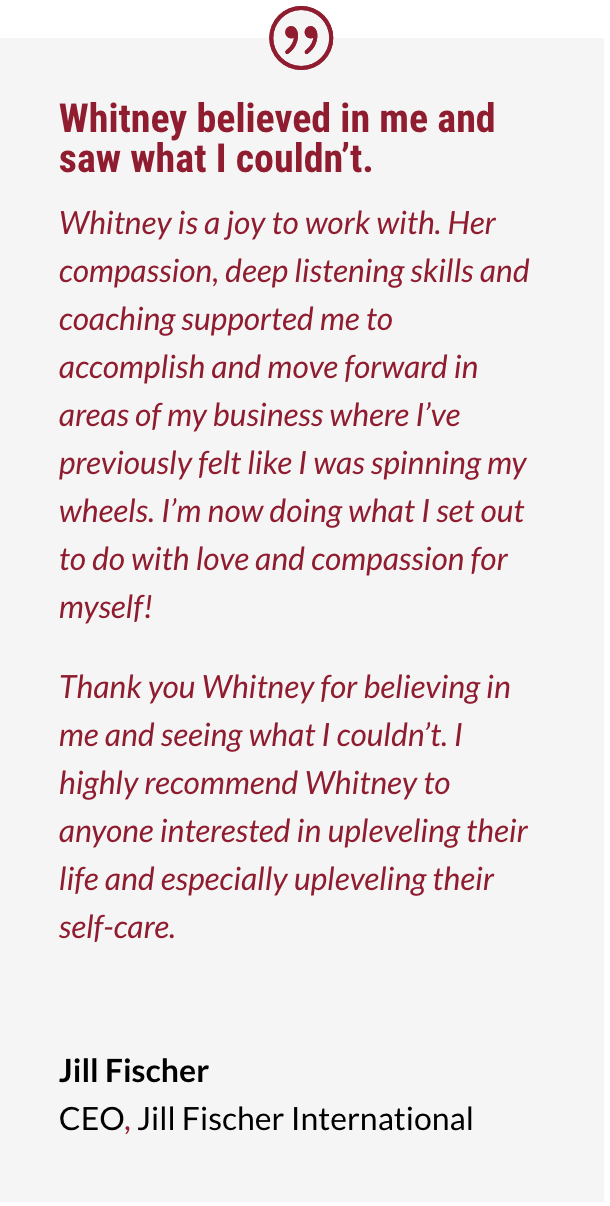Are you shocked because you just screamed at some poor innocent person who stopped by?
Sure, they got on your last nerve. But all they did was ask for something minor. And before you knew it, you were shrieking like a banshee.
Even though you’re known for your peaceful disposition, it’s…gone. Vanished like ice in the desert.
What gives? Where did your calm, happy nature go?
Let’s take a look at what might be going on with you.
Irritability Can Be Serious
You know irritability when you experience it, right? Being irritable feels like anger, but there’s a difference. Anger is usually an emotion triggered by a specific event; it’s why we say we’re angry about something in particular.
Being #irritable feels like #anger, but there's a difference. #Anger is usually an
#emotion triggered by a specific event Share on X
Irritability is more accurately described as a mood. In other words, you can feel irritable all day long but there’s nothing in particular you’re mad about. You’re just cranky.
Irritation can be a normal experience. Sometimes it’s just one of those days.
But I want you to be aware that irritability can be much more than a cranky day. If it’s present at chronically high levels, irritability can be a red flag for underlying mental health issues. Two of the most consequential are depression and anxiety – and together they could be signs of burnout.
When it’s related to burnout, irritability can leave you feeling ineffective, unimportant, and useless. You experience an increasing sense that you’re not able to do things as efficiently or effectively as you once did.
In its early stages, burnout-related irritability can interfere in personal and professional relationships. At its worst, it can destroy relationships and careers.
5 Common Causes Of Burnout-Related Irritability
Let’s take a look at some common causes of chronic, intense irritability that come from burnout.
#1 Emotional exhaustion is one burnout symptom. When you’re emotionally exhausted, you may notice that you feel cynical or pessimistic. You could even lose your motivation to work, socialize, or perform simple tasks. Eventually, as these feelings become stronger, you may feel trapped and fearful – leading you to feeling highly irritable.
#2 Lack of quality sleep is another very common sign of burnout that can lead to chronically high levels of irritability. You may wonder, who wouldn’t be irritable without enough quality sleep? And you’d be right. But ongoing poor sleep – including insomnia, difficulty falling asleep, and waking too early – not only sets your irritability into high gear but can rob you of your overall well-being.
#3 Chronic anxiety is extremely common when you’re burned out. In its early stages, you may have nagging feelings of tension, worry, and mild irritability. Over time, your anxiety may become so severe that it interferes with your ability to go to work or take care of your responsibilities at home. You may feel highly irritated.
#4 Depression can cause you to feel sad from time to time. This is normal. But with burnout, depression is more than just fleeting sadness. In its early stages, you may notice that you’re having more bad than good days. You also may feel like you have no energy, or you may feel irritable and restless.
#5 Stress and burnout go hand-in-hand. It’s often difficult to see where one ends and the other begins because burnout is the accumulation of rampant, chronic stress over a period of time, and can lead to ongoing irritability.
See how burnout, irritability, and its causes all intertwine?
And you don’t want to miss this next part – I’ll give you tips and techniques to overcome your irritability so you can start to feel calm and cheerful again.
How To Overcome Your Burnout-Related Irritability
When you’re chronically, highly irritable because of burnout, it’s important first of all to simply acknowledge what’s going on with you. Take time for some gentle, non-judgmental reflection. Journaling or sketching are especially valuable ways to chronicle your experience without negative self-talk.
Next, here are some tips I found especially helpful when I brought myself back from severe burnout several years ago:
- Put your focus and energy toward moving beyond burnout. Write or sketch your vision of your life once you’ve regained your ease and sense of well-being.
- Make your physical health a top priority. Eat nourishing food. Exercise, even something as simple as going for a walk.
- Re-engage with your preferred spiritual practice.
- Take time each day to check in with yourself. Ask, how am I feeling? What’s good in my life? What do I appreciate?
- Work with a therapist, counselor, or coach.
I’ve also posted about specific ways to help with insomnia, reduce your anxiety, and get more rest. These resources are for you, so I invite you to dig in and get the relief you want.
As well, you can click here to get my complimentary “From Burnout To Balance: A Simple 10-Minute Daily Self-Care Practice.” This practice has been shown to:
- Increase mindfulness, well-being, self-confidence, and personal power
- Increase your ability to concentrate
- Cultivate a greater resilience to stress, a positive mindset, and a sense of hopefulness and calm
- Decrease stress and stress-related symptoms like frustration, mood swings, feelings of overwhelm or lack of control, anxiety, depression, low energy, headaches, body aches and pains, muscle tension, chest pain and rapid heartbeat, insomnia, and frequent colds and infections
- Reduce or even stop worrying
Amazing, isn’t it, how some sustained focus on self-care can rejuvenate your well-being?
Are You Ready To Lose Your Irritability?
Though you may wonder if you’ll ever stop being irritated with everyone and everything that comes along, I promise these self-care practices can help you feel calm and cheerful. Just make the commitment to yourself to learn and apply them regularly.
Then you won’t be wondering who you’ll be shrieking at for no apparent reason.
You won’t be jeopardizing your most cherished relationships. Instead, your loved ones will welcome back the happy, energetic woman they know and love.
And as an added bonus, you can sign up for my free From Burnout to Balance 7-Day Self-Love Challenge to kickstart your way back to happy as you shed your irritability.
Each day during these 7 days, we’ll look at what’s really going on beneath the signs of burnout. I’ll give you simple strategies for how to turn things around so you can get on the path towards balance and enjoying your life (again).
If you’re ready to break out of the burnout cycle and desire to be…
- Relaxed and confident, knowing you’re tending to the most important priorities
- Energized, clear and focused
- Calm, easy-going and peaceful
- Sleeping like a baby and waking up rested
- Engaged, inspired and passionate about your life
Join me by clicking here to sign up for my next From Burnout to Balance 7-Day Self-Love Challenge. It’s Free!






Will this work if you are looking after two elderly parents with Alzheimers and also trying to take care of finances, home maintenance, and medical issues? There is no time for me.
Hi Sher, It sounds like you have your hands full, as so many women do nowadays. I know it feels as if there is no time for you, however it has been my learning and experience that there will only be time for you if you make time for you. I can honestly say that it is possible for anyone to find time for themselves if they make it a priority. I recommend that you start by getting my complimentary “From Burnout To Balance: A Simple 10-Minute Daily Self-Care Practice” (link in the blog) and then use it for at least 5 minutes first thing in the morning. The goal is to get up to 10 minutes every morning. As you become consistent with this, you will begin to notice shifts in how you feel. These will include (but are not limited to) a greater sense of well-being with more focus, peace and calm. I also encourage you to sign up here for my free From Burnout to Balance 7-Day Self-Love Challenge (also linked in the blog). You won’t regret it.